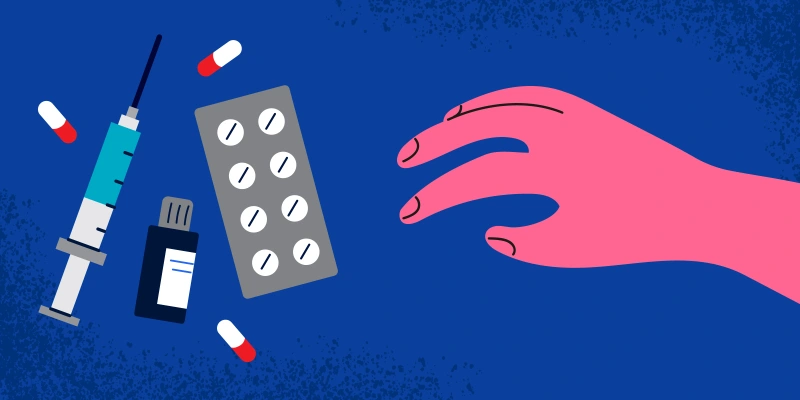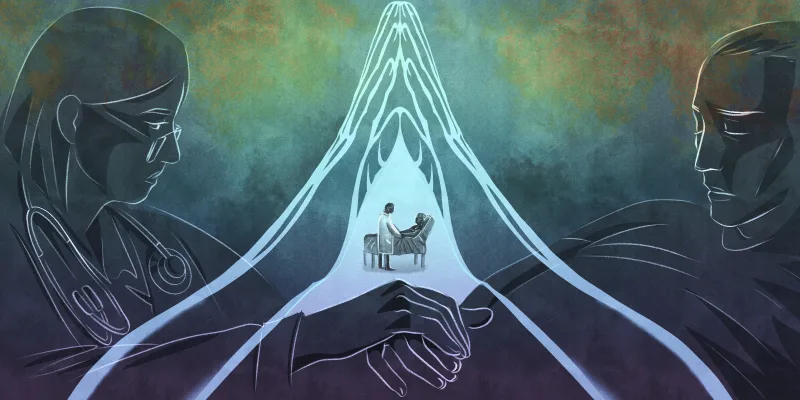 I’m torn. The part of me that spent the better half of my youth training to be a surgeon tells me to stick to my American capitalist origins. But an overwhelming wave of social justice pushes me into thinking that health care should not be a commodity subject to and subjugated by the market. Maybe it’s my Canadian birth, who knows?
I’m torn. The part of me that spent the better half of my youth training to be a surgeon tells me to stick to my American capitalist origins. But an overwhelming wave of social justice pushes me into thinking that health care should not be a commodity subject to and subjugated by the market. Maybe it’s my Canadian birth, who knows?
The truth is that we, as a society, have decided that certain commodities should be subsidized by the government. We’ve decided that food (or at least certain foods), for example, will be subsidized through food stamps and government aid programs. The five-star restaurant with the horse foie gras and the sweetbreads (that is thymus, and it tastes great with truffle aioli or hummus) may still be only for the fiscally capable, but these government programs continue to provide a mechanism for us all to pay into a system that helps those less fortunate.
While I understand that people don’t like subsidizing each other (read: “handouts” as described by some), the reality though is that we should treat health care a little like life insurance: we all pay into a pot and when you need it, you can withdraw what you need.
One of the big philosophical questions of our time is if health care is a right or a privilege. Some might even argue instead for a hybrid approach. Like the restaurant, everyone may get trauma care but only those that can afford added private insurance will get the latest (maybe experimental) cancer treatments, for example. And perhaps even more quintessentially American, we need to discuss who should pay for subsidizing the have-nots? Should the haves be taxed at the federal level to mandate support, or should this be left to the states, or even to nonprofit and philanthropic organizations? Many different countries around the world have answered these questions in very unique ways. For me, watching debates and reading perspectives on this issue through the lens of witnessing history being written really makes this whole issue amazingly interesting.
Unfortunately, we do not really have a “health care system” in the way that one typically thinks of a system as a well-thought out approach to a problem. The current American health care system is a set of rules that evolved to address problems arising over time, a patchwork-quilt of solutions to social pressures. We’ve been trying to “reform” it since its inception. Interestingly, in the 1940s, President Truman suggested a universal health care system but this is labelled a Communist plot. (Too bad, he was vetoed by a short-sighted context). This timeline doesn’t include significant economic and social drivers, such as a need for anesthesiologists around both World Wars driving the development and formal certification of nurse anesthetist programs in the United States, or increased specialization of physicians in the 1950s and 1960s resulting in a shortage of Primary Care physicians, which drove the development of nurse practitioner programs, or the development of the Veterans Administration by slow consolidation of various veterans programs over time in response to the specialized needs of veterans.
Each component of the American “system” is really just a reaction to a new market pressure. Unfortunately, the integration of all these components has resulted in a forced puzzle-piece approach. You know, like when a toddler can’t find the exact puzzle piece match so they just make two pieces fit, but it’s not a true fit and the two pieces tent up a little to indicate the incompatibility?
What we have as a result is a compartmentalized approach to health care delivery. We don’t know what you can get till we put you in a box. The veterans get the VA (good luck, thanks for your service, now spend the rest of your life navigating that bureaucracy). Our senior citizens and those receiving social security disability get Medicare. The less fortunate are aided by Medicaid, CHIP, WIC, and a host of other acronyms. Private insurance gets — well, they just get.
And don’t even discuss cost. That problem is even bigger. It’s all one pie and so must be a zero-sum game. That is, if we spend more on cancer, that money must come from somewhere (atherosclerosis maybe). If one procedure gets reimbursed more, then another must be reimbursed less.
Part of the problem that we face is that we have a dichotomous approach to health care policy in itself. We ask that government programs work within a capitalist framework. This is in essence doomed to fail. One cannot expect such programs that will value cost-containment and treatments with clear cost-benefit or cost-effectiveness to be able to compete with even just the capitalist ideology of wanting the best, latest, and maybe most expensive thing available at any time for anyone — even if the incremental cost-effectiveness is not that much. And we cannot expect a governmental program to be able to compete with private insurance companies. While neither a more socialized approach or a capitalist one is necessarily right or wrong, we must in the end still choose how we will care for ourselves.
In my next two articles, I want to first take some time to examine some of the uncommon or rarely discussed benefits to a universal health care system. Then, I’ll discuss some peripherally-related reforms that could produce a significant impact on improving even our current system. I’m not looking to proselytize, but rather to start a debate that will hopefully reassess our health care system’s origin and, with any luck, encourage progressive and revolutionary thinking to develop a more holistic societal approach to health care in our country.
Dr. Issam Koleilat is a vascular surgeon at Montefiore Medical Center/Albert Einstein College of Medicine in the Bronx, NY. He is also the proud father of a wonderfully curious five-year-old daughter and bright-eyed five-month-old son, and the husband of a breast cancer genetic epidemiologist. He enjoys traveling with his family, and as the kids get older he hopes they will hike, ride horses, and rock-climb more.
Dr. Koleilat is a 2018–2019 Doximity Author.
Image by rawf8/ Shutterstock






